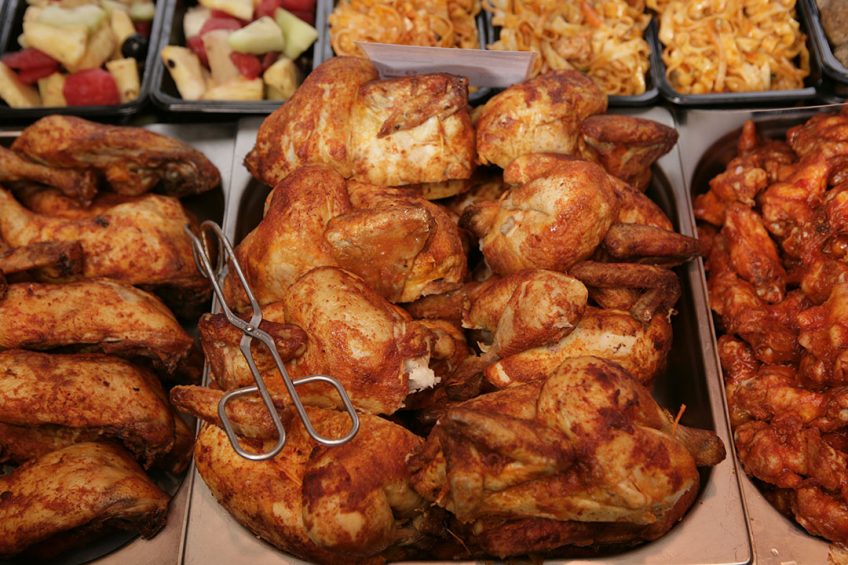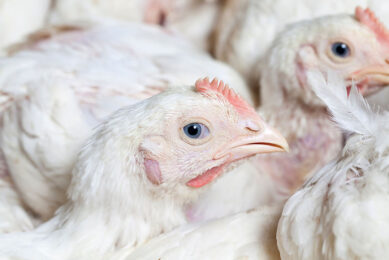Food Forward – is Animal Protein here to stay?

Consumers will be eating far more poultry and fish by 2050 as the world battles to cope with nearly 10 billion mouths to feed. This will lead to a far larger poultry sector that is efficient and sustainable, which in turn will be reflected in prices that consumers will be able to afford.
That was the message delivered by Rabobank animal protein strategist Justin Sherrard in a new Food Forward podcast, which looked at some of the findings of the recently published EAT-Lancet Commission on Food, Planet and Health report.
A wake-up call
The report said it can be possible to feed the growing population a healthy diet within planetary boundaries, but it will be impossible without eating habits being transformed, an improvement in food production and a reduction in food waste.
Mr Sherrard welcomed the Lancet Commission’s findings, saying it was “possibly the first time a group of scientists covering human health and sustainability has come up with a formulation for a good diet in the future for 2050.”
He said it was a wake-up call for the animal protein industry, adding that changes will have to be made in the future.
The industry’s focus over the past couple of decades had been around tonnage volume to meet the growing number of people requiring animal protein. But looking at the future projections, the rate that people eating more meat is set to slow. The driver for consumption, he said, will be around population and income growth rather than per capita consumption.
Consumers in western Europe were unlikely to eat more meat on a capita basis and it was quite possible that consumption will fall as people look to focus more on health and the environment. However, in sub-Sahara Africa, where there is strong population and income growth, consumption, particularly of poultry is set to grow.
Mr Sherrard said the meat sector was starting to change and respond proactively, thinking more about shifting away from volume to value growth, its production processes and sustainability commitments.
Less meat eaten in the future
Companies such as Tyson Food were looking at both lab-grown meat and plant based protein alternatives and that, he said, was typical of leading forward-looking companies, who were asking the important questions of “what I am going to be good at in the future and what are consumers asking me to do better?”
Plant based alternative proteins still took less than 0.5% of the market and there is no lab-grown meat commercially available. While this sector would grow, it is moving from a very low base.
Companies needed to think about innovation across the supply chain, from the provision of inputs, the way animals are raised, cared for and looked after, to the processing and manufacture and distribution of products through food service and food retail.
This was already taking place – there is more automation, precision agriculture techniques regarding animal health and welfare and increasing efficiency in the manufacturing process. More innovation will take place, and he said the banks had a role to support them and share best practice.
Banks, he argued, could have a role in improving animal welfare, changing the way animals are housed, but companies needed to have conversations with customers and consumers about the way ahead.
Speaking about what will be on dinner plates in the years to come, Mr Sherrard said in western Europe there will be less meat eaten – “meat will be enjoyed for its quality and nutritional properties. We will learn to enjoy smaller amounts or eat less frequently but there will be a better quality product in front of us.”
The podcast can be found on the Rabobank website.












